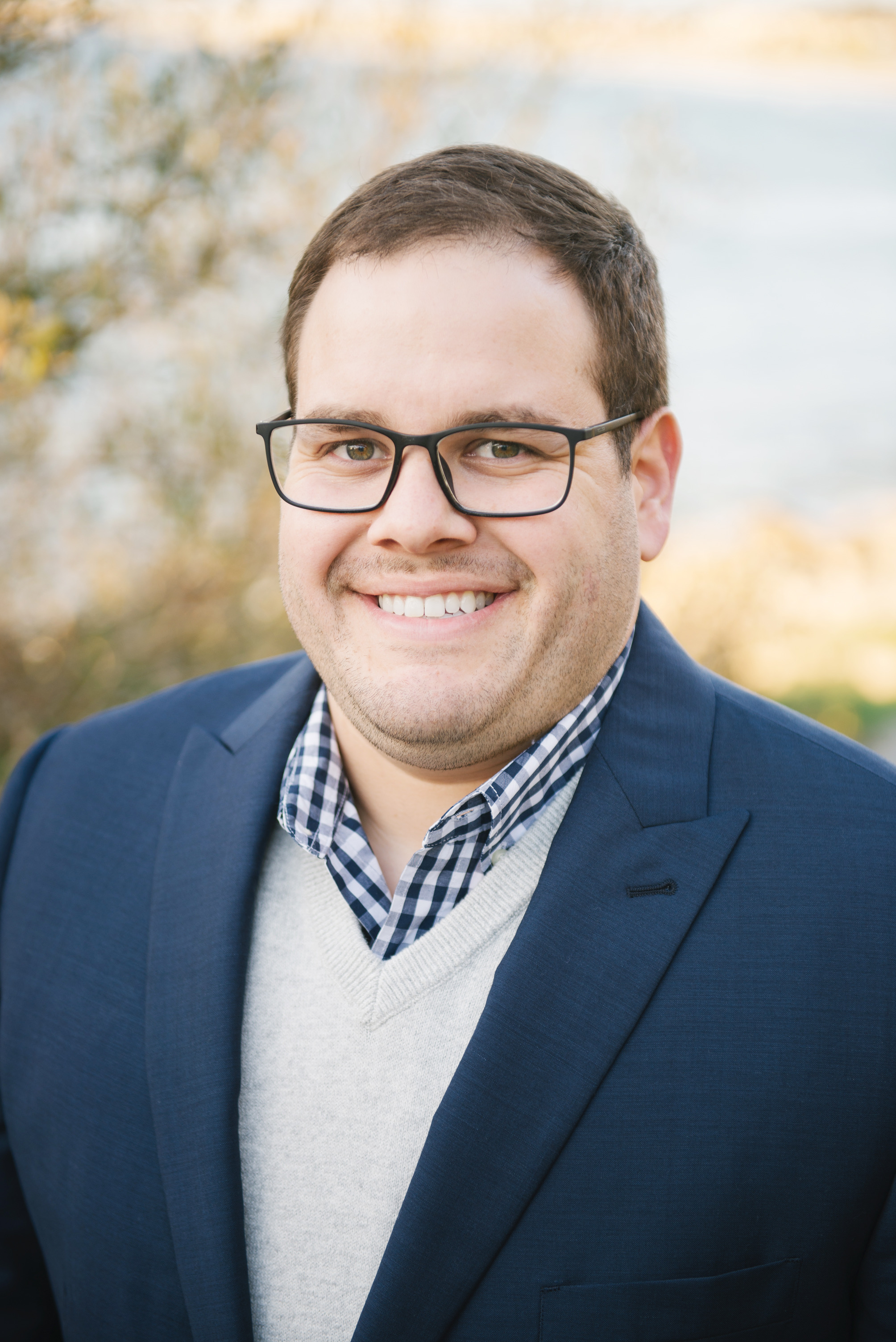On October 14, Canopy Growth announced their plans to acquire Wana Brands, the number one cannabis edibles brand based on market share in North America. The two companies entered into an agreement that gives Canopy the right to acquire 100% of the membership interests of Wana Brands (a call option to acquire 100% of each Wana entity) once a “triggering event,” such as when plant-touching companies begin trading on major US stock exchanges or full federal legalization, occurs.
As part of the agreement, Canopy Growth makes an upfront payment of $297.5 million to Wana Brands. Until the United States moves on cannabis legalization or companies can start trading on U.S. exchanges and Canopy uses the call option to acquire Wana Brands, they don’t get any voting or economic interest in Wana Brands. The two companies are essentially operating completely independently of each other until the US legalizes cannabis.
Nancy Whiteman co-founded Wana Brands in 2010 and since then the company has expanded significantly. Following the legalization of adult-use cannabis in Colorado, their sales skyrocketed. Over the next few years, Whiteman oversaw the company’s expansion into a number of new states. In 2016, they moved into Oregon’s market and quickly grew their brand presence, seemingly overnight. Then they expanded into Nevada, Arizona and Illinois in 2017. After that the company made a major East Coast push, expanding into Maryland, Florida and Massachusetts, with other major northeast markets expected to be added soon. The brand now has products available in twelve US states and nine Canadian provinces, with plans to add four additional states by the end of the year.

Shortly after the announcement, we sat down together over coffee in Las Vegas to discuss Whiteman’s journey to success, her plans for the company’s expansion and what the future might hold for Wana Brands.
Aaron G. Biros: First of all, congratulations on the acquisition. As a co-founder and CEO, it must be amazing to see the success of your company and all you’ve accomplished. How do you feel?
Nancy Whiteman: I feel ecstatic. I am so excited and so proud of what Wana has accomplished. Just all around a great feeling.
Biros: What was it like leading up to this moment? From the inception of the business, did you ever have any doubts you’d make it this far?
Whiteman: A thousand times. Absolutely. Anyone in cannabis that tells you they didn’t have any doubts is probably not being very honest. I had been thinking about partnership for a while. I felt the timing was right because of a variety of reasons, but also the possibility of federal legalization. I wanted to make sure that Wana was really going to be well positioned for future growth. One of the things that I said in our employee meeting – I quoted the old proverb of ‘If you want to go fast, go alone, but if you want to go far, go together.’ We’ve been going it alone for eleven years and we’ve gone very fast. But I want Wana to continue to be a major player in the industry and to go far. I really felt that this was the time in the industry to strike a partnership.
So that’s a little bit of the thinking behind it. I think when there is federal legalization, there is going to be a host of competitors entering the industry that are going to be unlike anything we’ve faced before. I think it’s going to be challenging for independent brands to scale as rapidly as they’re going to need to scale to compete against all of this new competition on their own. So that’s the why behind the timing of it.
 In terms of why Canopy, I’ve known Canopy for quite a while. I met them when we were looking for partners about three and a half years ago. We did not end up putting together a deal at that point in time, but I did get to know the company quite a bit. Since then that company has changed significantly with leadership changes and became a very different company with the Constellation Brands investment behind them.
In terms of why Canopy, I’ve known Canopy for quite a while. I met them when we were looking for partners about three and a half years ago. We did not end up putting together a deal at that point in time, but I did get to know the company quite a bit. Since then that company has changed significantly with leadership changes and became a very different company with the Constellation Brands investment behind them.
When I think about the future of the industry and particularly post-legalization, I have certain things that I am looking for in partners. Of course, I am looking for financial strength in a partner. I was really looking for a company that has a very long-term perspective on the industry, with both the proper resources and the proper mindset to make long-term investments for the future. And then my belief is that post-legalization, we’re going to see radical changes in the industry including where products are cultivated in a global market, more distribution outside of dispensaries – and I think liquor stores could be a likely form of distribution at some point in time, so the relationship with Constellation was very interesting and appealing to me. But all of those things wouldn’t mean as much to me if I didn’t feel we didn’t have a good fit in terms of our shared values and how we saw the industry. We spent a lot of time talking about that and I think one of the aspects that really attracted me to Canopy was that we are very aligned on how we see the future of the industry shaping up. Certainly, I think there is a wonderfully viable position for cannabis as an alcohol replacement, however we also have a lot of focus on innovation and the health and wellness aspects of cannabis. I was really looking for a partner that felt the same, and it ended up that we really were aligned on those values.
Biros: What does it look like going forward? Since you’re staying on board, how will your new role change?
Whiteman: My new role doesn’t change at all actually. I woke up last Monday—the week after the big announcement–and it felt very normal getting back to work and having my usual meetings. This was my fifteen minutes of fame and thankfully its diminishing so now it’s just back to work as usual.
 But moving forward, we have big plans. Wana is launching in four new markets over the next couple of months, we’re in discussions to launch in an additional six markets, and we have very robust innovation pipeline. So, we’re just really busy right now just executing on our strategy. I am looking forward to getting to know our new colleagues at Canopy better and exploring different collaboration possibilities.
But moving forward, we have big plans. Wana is launching in four new markets over the next couple of months, we’re in discussions to launch in an additional six markets, and we have very robust innovation pipeline. So, we’re just really busy right now just executing on our strategy. I am looking forward to getting to know our new colleagues at Canopy better and exploring different collaboration possibilities.
I feel very optimistic. I was thrilled our employees were delighted with the news and morale is very high. The feedback from the rest of the industry has been really positive and overall, I am feeling very good about this decision.
Biros: So you mentioned some expansion plans for four new markets in the next few months. How does the acquisition help Wana Brands expand?
Whiteman: You know we haven’t announced the new states so I can’t speak to those publicly yet. They were all in the works before this deal and are currently in the process of being onboarded. Where it will get interesting is how this deal impacts new states that we move into. Until Canopy decides to exercise the call option [to acquire 100% of membership interests in each Wana entity], we are still an independently owned and run company. So we are still going to be looking for the best partners that we can find in new markets, and the Canopy connection will certainly be helpful to us. But to your point about the plans, we’ll be announcing those new market expansions in the coming weeks.
Biros: As a woman leader with an extremely significant position in the cannabis industry, do you have any advice for young aspiring entrepreneurs, women leaders or other women in the cannabis space?
Whiteman: I do. I posted something on LinkedIn the other day and I’m going to make the same comment to you as I made in that post because I think it’s important and particularly important for young women. People have said a lot of nice things about me in the past couple of weeks and of course everybody loves to hear nice things about themselves. But the truth is, some of them are not true. And one of them that is definitely not true is that I am somehow fearless. And I guess what I would say to women and young entrepreneurs is that fearlessness is a myth.
 Being an entrepreneur is hard. You’re putting your money on the line, you’re putting your time on the line, you’re putting your reputation, you’re potentially putting your family’s, your friends’ and your investors’ money on the line. Who would not be afraid against that backdrop? We all have times of feeling fearful, of feeling anxious, of having sleepless nights. So, what I would say is don’t aspire to be fearless. There are other aspirations that are much more useful. For example, aspire to be resilient, aspire to be persistent, aspire to be of service to other people, aspire to be very true to your values and your strategy. Don’t let this mythology of what a “leader” is supposed to look like make you feel bad about your emotions. It’s not about having those emotions, it’s what you do with them.
Being an entrepreneur is hard. You’re putting your money on the line, you’re putting your time on the line, you’re putting your reputation, you’re potentially putting your family’s, your friends’ and your investors’ money on the line. Who would not be afraid against that backdrop? We all have times of feeling fearful, of feeling anxious, of having sleepless nights. So, what I would say is don’t aspire to be fearless. There are other aspirations that are much more useful. For example, aspire to be resilient, aspire to be persistent, aspire to be of service to other people, aspire to be very true to your values and your strategy. Don’t let this mythology of what a “leader” is supposed to look like make you feel bad about your emotions. It’s not about having those emotions, it’s what you do with them.
That’s what I would say to young entrepreneurs and especially to women. Because I do believe that women hold themselves to a very high standard a lot of the time and have a lot of misconceptions of what they’re supposed to be living up to when it comes to leadership.
Biros: What an incredible perspective to have. Okay, one last question for you: what are you doing to celebrate?
Whiteman: So far, I’ve been too busy to celebrate! This just happened so recently. I would like to take a great trip with my kids. I don’t really know I have not had time to figure that out. People tell me I need to go to Disney. But right now, it’s still taking a little while to let it all sink in.
Biros: Wonderful! And Nancy, thank you so much for your time I really appreciate it.
Whiteman: And thank you! So nice to see you in person.











































